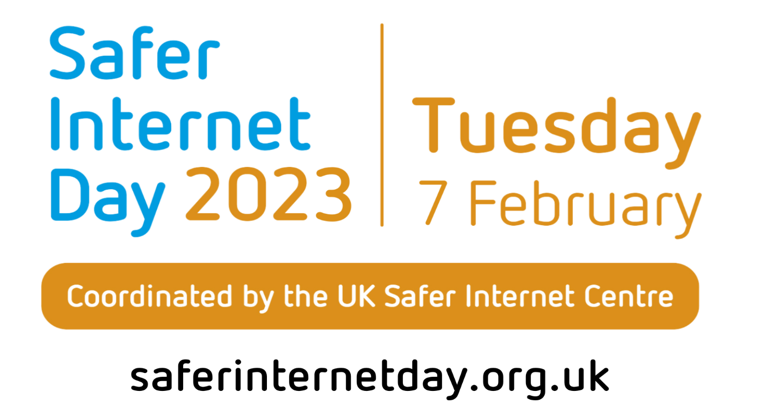
Today is Safer Internet Day 2023. We support this initiative which is aimed at helping promote the safe, responsible and positive use of digital technology by children and young people.
What is it?
Coordinated in the UK by the UK Safer Internet Centre, the annual campaign sees thousands of organisations get involved to promote the safe, responsible and positive use of digital technology for children and young people.
This year’s theme ‘Want to talk about it? Making space for conversations about life online’ is marking the day by putting children and young people’s voices at the heart of it and encouraging them to shape the online safety support that they receive.
Where do we come in?
We work year-round to play our part in ensuring online advertising is responsible and safe – that it doesn’t mislead, is not harmful or offensive and that protections are in place for vulnerable audiences, particularly children.
It’s our job to ensure advertisers stick to the rules and we place a particular emphasis on protecting children. For age-restricted products such as gambling and alcohol there are ad targeting restrictions in place to help reduce exposure of children (under-16s) to them and, where they do see them, strict content rules that ensure ads are not likely to be of particular appeal.
In 2021 we received 20,735 complaints about online ads, making up close to half of all complaints and almost 2/3 of our cases. This shows how many of us including children and young people are engaging with advertising online, making it even more crucial that we can trust the ads we see, hear and interact with across the multiple websites and online platforms that we use as part of everyday life.
What recent work have we done?
As children and young people spend more and more time online, it is important that advertisers of age-restricted products target their ads towards appropriate audiences and away from protected age groups. To help advertisers get it right, We published our updated guidance on age-restricted ads. It’s our second update on the subject in less than two years, significantly revising the guidance published in January 2021.
We also recently published our 100 Children Report, which provides a fascinating insight into UK children’s real-world mobile phone and tablet use, the platforms and sites they visit and the ads they’re exposed to over the course of one week. It adds significantly to societal understanding of the prevalence and consequences of children registering with false dates of birth on social media.
In addition, to protect children and young people from harm caused by gambling including online gambling, we introduced new ‘strong appeal’ rules. This significantly restricts the imagery and references that gambling ads will be allowed to use and is designed to decrease the potential for gambling ads to attract the attention of under-18s in an audience.
For example, freely accessible ads will not be able to use:
- Topflight footballers and footballers with a considerable following among under-18s on social media.
- All sportspeople well-known to under-18s, including sportspeople with a considerable volume of under-18 followers on social media.
- References to video game content and gameplay popular with under-18s.
- Stars from reality shows popular with under-18s, such as Love Island.
Although our regulation is already focussed on keeping online ads responsible, there’s more work to do and we’ll continue playing our part to help make the internet a safer place by identifying and responding to emerging advertising issues and taking action where necessary.
We all need to do our bit to make the internet a better and safer place.
You can find out more information on Safer Internet Day and get involved further by:
• Visiting www.saferinternetday.org.uk
• Following @UK_SIC on Twitter
• Joining the national conversation using #SaferInternetDay
• Liking @saferinternetuk on Facebook
• Following @UK_SIC on Instagram
More on
-
Keep up to date
Sign up to our rulings, newsletters and emargoed access for Press. Subscribe now.


